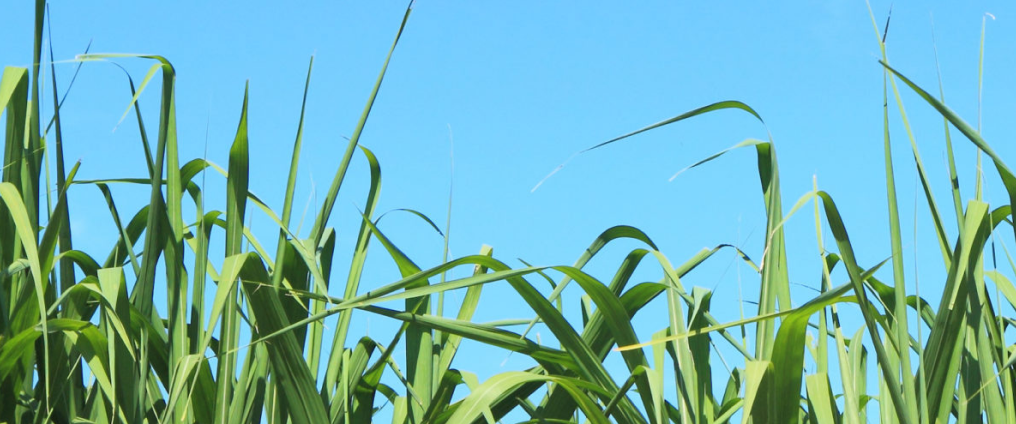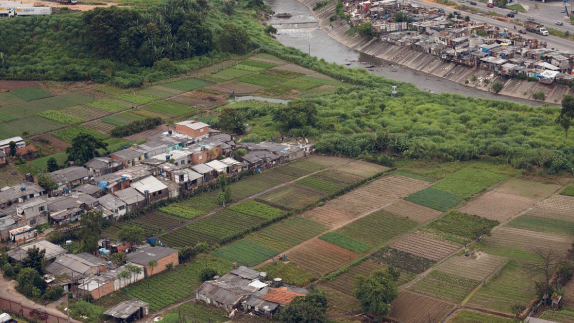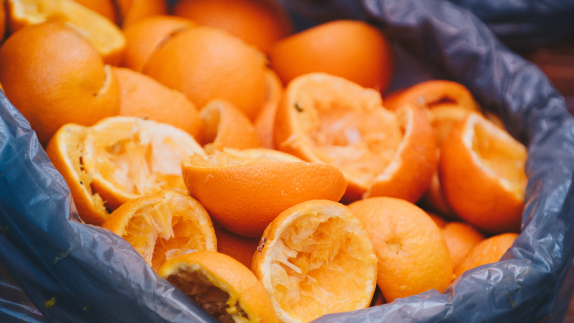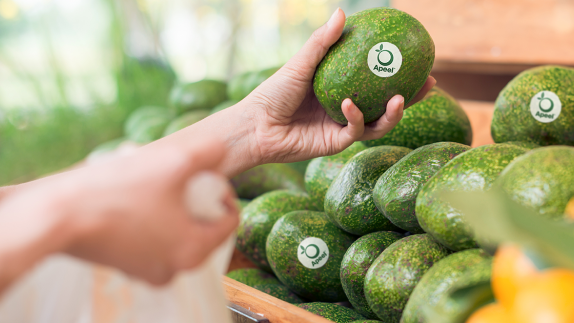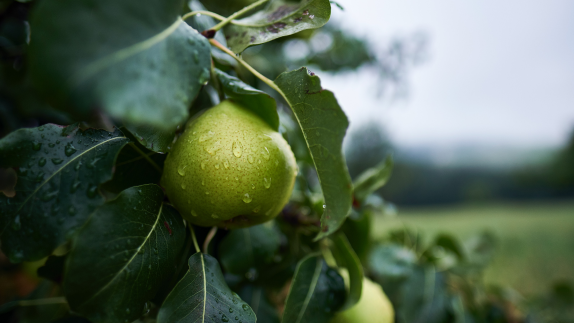
"We don’t worry too much about the crop itself - we take care of the whole ecosystem."
What they do
The Balbo Group grows organic sugar. They use modified machinery and restore natural processes to reduce sugar-cane farming’s impact on the environment and revive ailing crops and land.
Why it’s an example of the circular economy
Regenerative agriculture, inspired by natural processes:
returns organic matter to the land and environment, enhancing soil health
replaces harmful chemical fertilisers by using organic fertilisation
switches pesticides for a natural pest and disease management system
The Balbo Group also produces 100% of the energy it needs to process around 6 million tonnes of sugarcane per year in thermoelectric power plants. These run on sugarcane bagasse (the pulpy residue left after the juice of the sugarcane has been extracted).
The problem with industrial cultivation
Traditional methods of crop cultivation rely on expensive pesticides and fertilisers which can lead to degradation of the soil and pollution of the environment. These methods also focus primarily on crop extraction. This damages or depletes naturally-occurring substances like mulch, humus, and fungal networks that are crucial to soil health and long-term resilience.
Working with nature
Leontino Balbo Junior made the bet that restoring natural processes and modifying machinery could improve the health of crops and increase profits. His gamble paid off and the Balbo Group has increased their land’s productivity by 20% since they stopped using chemicals and mechanical irrigation.
"It is the first time that an organic, large-scale initiative has produced a higher yield than conventional agriculture!"
Balbo shows a deep understanding of the way natural systems work, and how to support the soil’s ability to regenerate.
New methods for harvesting green cane
To rebuild natural capital, rather than deplete it, the farm developed a harvesting system called Ecosystem Revitalization Agriculture (ERA). ERA combines the principles of regenerative agriculture with technical innovation to replicate the resilient ecosystem of uncultivated land.
The Group developed a harvester with low pressure tyres to avoid harmful compaction. It cuts cane and shreds by-products at the same time to return 20 tonnes of previously unused organic material per hectare each year.
An alternative to chemical fertilisers and pesticides
Potentially harmful fertilisers have been replaced by the unique Integrated Organic Fertilisation Programme which involves taking all of the sugar mill’s organic waste products ‘Vinasse ‘ and returning them to the land. Pesticides have been exchanged for a natural pest and disease management system, which uses naturally resistant crop varieties, a biological control programme, and cultural control methods to inhibit pests and weeds.
To valorise all material flows, a system to recyclerecycleTransform a product or component into its basic materials or substances and reprocessing them into new materials. organic by-products was put in place. The solid residue from juice filtration, the ash from the boilers, and the liquid residue left over after ethanol distillation, is collected, applied back to the fields, and dry matter is fed directly into a furnace, producing 200 tonnes of steam per hour. Some of this is used to extract sugar from the cane and the rest creates thermo- electricity which powers the mill and other buildings, with any excess sold to the grid.
Generating more than just sugar
Native (the Balbo Group’s agricultural brand), produces 75,000 tonnes of organic sugar annually – 34% of the world market.
They also:
produce 55,000m3 of organic ethanol
train employees, offer qualifications and the chance to take more highly skilled positions in the production programme
generate enough extra power to supply a city of 476,000 inhabitants
